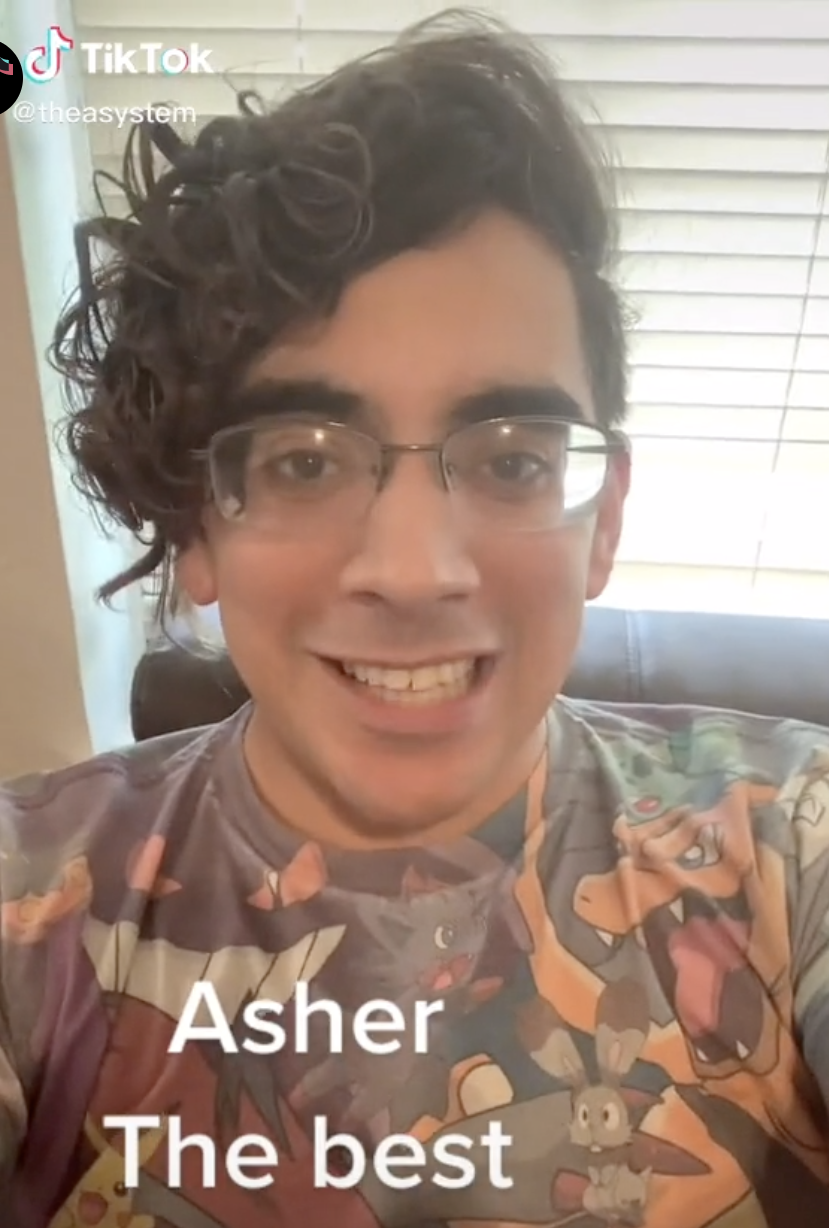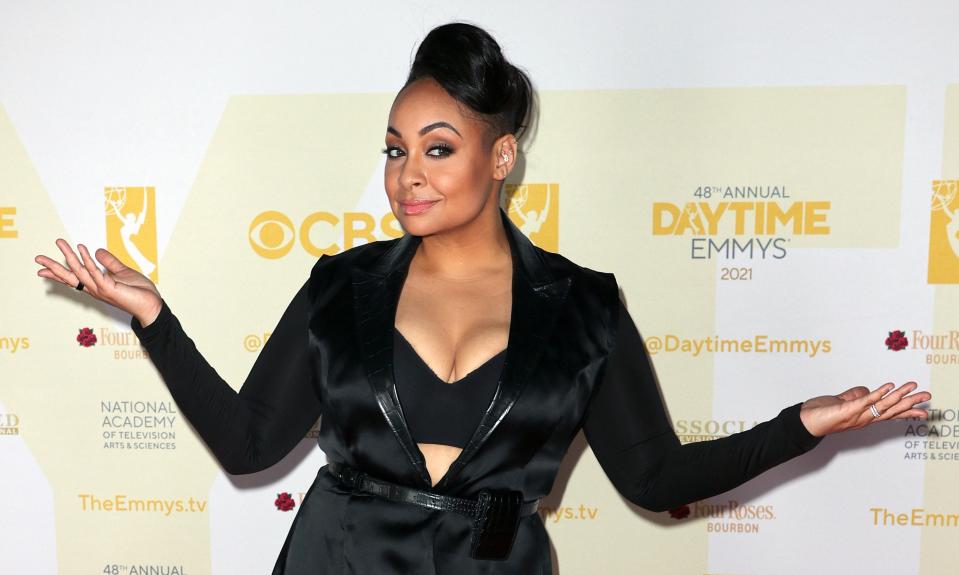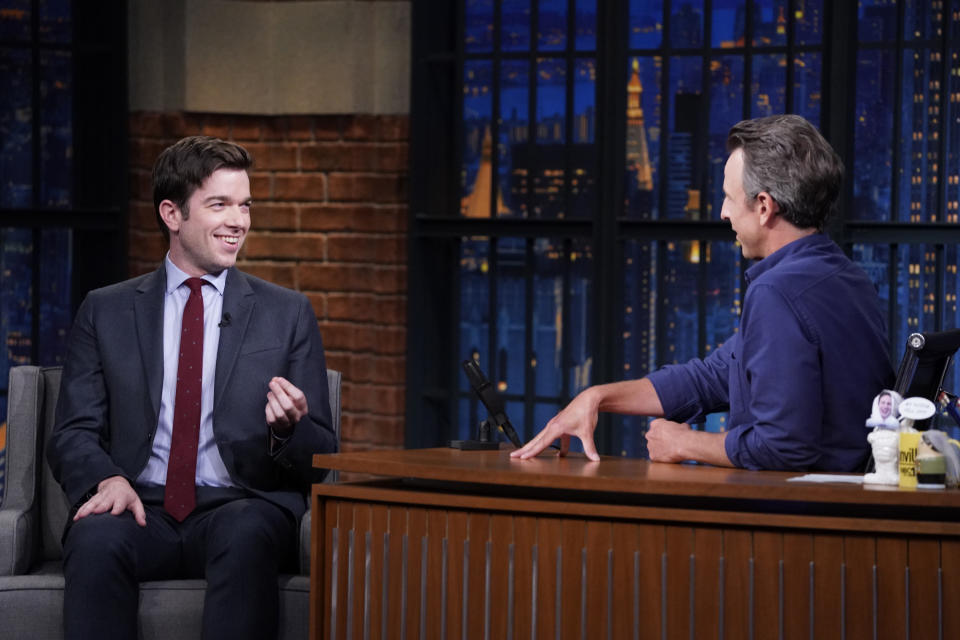TikTok’s Dissociative Identity Disorder Community Is Going Viral — But Not Everyone’s Happy About It
On today's episode of BuzzFeed Daily, we broke down the top pop culture headlines AND discussed TikTok's thriving dissociative identity disorder (DID) community. You can listen below or scroll down to read more about the interview!
So let's dive right into it! Recently we talked to writer Jessica Lucas about her Input piece on TikTok's DID community. Here's some of what we learned:
BuzzFeed Daily: Before we can really dive into what the DID community looks like on TikTok, we need to talk about what it is. Most of us may be more familiar with the term "multiple personality disorder," but we now call it dissociative identity disorder. Can you give us a broad definition of what the disorder is?

Jessica Lucas: So DID is a response to inescapable trauma experienced over many years in childhood. It's an extreme form of dissociation, which allows the mind to escape when the body can't (or at least that's what I've been told by psychiatrists). The result of this dissociation is a person or a "system" with DID. So someone who has multiple identities that they switch between usually cope with different parts of life. It's like taking each part of a single personality and turning it into a whole person, but those people will have to share the same brain.
BuzzFeed Daily: Like you said, these creators describe themselves as "systems," meaning a system of personalities. What do their videos and content typically look like?
JL: A lot of the videos mirror what you'd see from vloggers, usually. It's alters, so different personalities talking about their days, their individual identities. They're very keen on this because they like to be seen as individual people. Especially there's a lot of stuff of alters reacting to the same thing, so let's say seven personalities sharing a body will all eat the same food and tell you what they think about it. A lot of the content revolves around showing that each alter in a system is indeed a different person. They also do a lot of live streams and the live streams predominantly focus on switching — the state of moving between personalities.
BuzzFeed Daily: It's interesting, what you say about how these different personalities are different people and react different ways, because for several of the people you spoke to, their videos are filmed by or either include their partners, and their partners have different relationships with the different personalities, correct?
JL: Yes, so it depends on which system you're talking about. It varies for each system. They tend to have different sexualities if you go between alters. So some alters in a system might have a more platonic relationship with the partner because they might be asexual or they might be a different gender. I think the A System, for example — three alters in a system of about 27 are in a romantic relationship with the wife of the A System.
BuzzFeed Daily: What did the A System tell you about what it's like being such a big part of the TikTok DID community?

JL: I can only speak for Asher — he's one alter within the system and the one I think that predominantly appears on social media. He said that the whole system found a lot of comfort in the community. So he thought about the sense of belonging the system found on TikTok and how freeing it was for each alter to be recognized as themselves, rather than a part of Chris's body — Chris being the host of the system. Everyone I talked to from within the community that was active on TikTok emphasized that they found it was a place they could go for support and that they felt accepted and understood there.
BuzzFeed Daily: In your piece you do a really good job of staying neutral, but there's a lot of people who are skeptical of these accounts. What kind of criticism are they facing?
JL: There's a lot of criticism about the DID community from all kinds of perspectives... There's obviously the subreddits I talk about in the piece, like r/DIDCringe, where people with DID on social media are heavily scrutinized and accused of faking their disorder for clout or attention or fame. There's also a general lack of belief from people in the psychiatric community or the academic community that DID even exists in the first place. Some people believe that the disorder is developed after diagnosis through therapy rather than something inherent within people.
BuzzFeed Daily: These questions about representation of DID definitely expand far past TikTok. DID is often portrayed in media by people who do not have the disorder. What's the reaction been like to the way DID has been represented in films like Split?

JL: Everyone I spoke to hated that film with a passion. Everyone — the psychiatrists, the influencers, people from the wider community, they all despise it. And I think it's because the portrayal, at least by the community, is seen as quite reductive. And Split, and other portrayals of DID, place a lot of emphasis on the idea that people with DID are dangerous. I think if, for whatever reason, each of us had a mental illness that meant we were portrayed as monstrous in popular culture, we would probably be upset about it too.
Dr. Robert T. Muller, a professor of clinical psychology, said people with the idea are much more likely to harm themselves than others, and portrayals like Split may further stigmatize the conditions. That is why there's so much animosity towards it.
If you were wondering why Raven Baxter isn’t a lesbian on the That’s So Raven spinoff Raven’s Home, Raven-Symoné has finally cleared it up.

She said that Disney did ask her if she wanted to make the character gay, but then said, ”The reason I said no, wasn't because I wasn't proud of who I was, or I didn't want to represent the LGBTQ+ community in any way. It was because Raven Baxter is Raven Baxter... There was no reason for me to change the human that she was in order to fit the actress that played her.”
We also discussed John Mulaney's interview with Seth Meyers, during which he talked about what it was like to have a bunch of his comedian pals stage an intervention.

"God, I needed to be the smartest person in the room, even at the intervention," John said. "So I remember saying to all of you, 'Before you all read your letter, I have a drug problem, and I need help.' Just to scoop you."
He went on to say that while he’s ultimately grateful for what his friends did, in the moment he didn’t want an intervention and only realized the gravity of the situation because he was sitting in a room full of comedians, including Seth and Fred Armisen, and no one was making jokes.